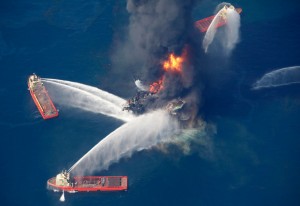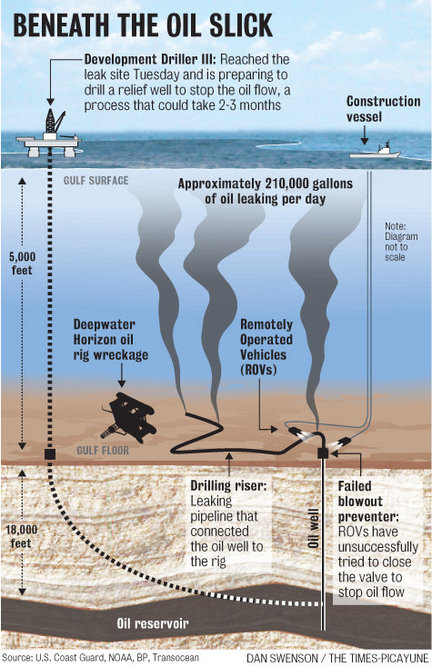H/T Paul Kedrosky!
On the shopping list for my next civilisation run is the latest bestseller “The Ascent of Money: The Financial History of the World” of Niall Ferguson, a Scottish intellectual gifted with breaking down history, finance and politics into simple understandable language. Here he talks about China and Africa in an interview:
Q Is China’s rise to power a bad thing?
A It is not a bad thing that the most populous country in the world is emerging from grinding poverty and hundreds of thousands of people who were in subsistence agriculture now have better paying jobs. That can’t be a bad thing. The problem is that in the realm of politics, China’s [position] is not necessarily benign. They [do not] remotely share our ambitions to improve the quality of governance in Africa. They couldn’t care less. And they have a very different political model, which is neither democratic nor based on law in our sense, and if you want to know what Chinese power is about, ask any Tibetan.
Q How does Africa fit into all this?
A In the eyes of the Chinese, it is a place with a lot of commodities and very poor infrastructure, and the Chinese have figured out they can access the commodities if they provide the infrastructure. So, they have a pretty instrumental view of Africa. Given the West has a sentimental view of Africa, which is they want to [help with] water, give it aid, help Africans by giving them free malaria meds. And China, of course, thinks that’s absurd. They want to come in and buy stuff, give them highways in return. And right now that model is working better.
Q Working better for China or Africa?
A Working better for Africa. Just look at the growth rate. Africa is enjoying … rapid growth, and it is mostly on the back of sales of commodities and the improvement of infrastructure. By comparison, we’ve had 50 years of development aid and achieved less. So [it is] not pretty in the sense that what China does is bolster regimes in Sudan. They aren’t really concerned about people being authoritarian. They are authoritarian, why should they worry about governance in Africa? It is not their vision of what matters, and if they can deliver economic growth and raise African living standards, you can’t really blame the Africans for saying: ‘OK, these people ask less of us [than] the aid agencies of the West and governments in the West.’



